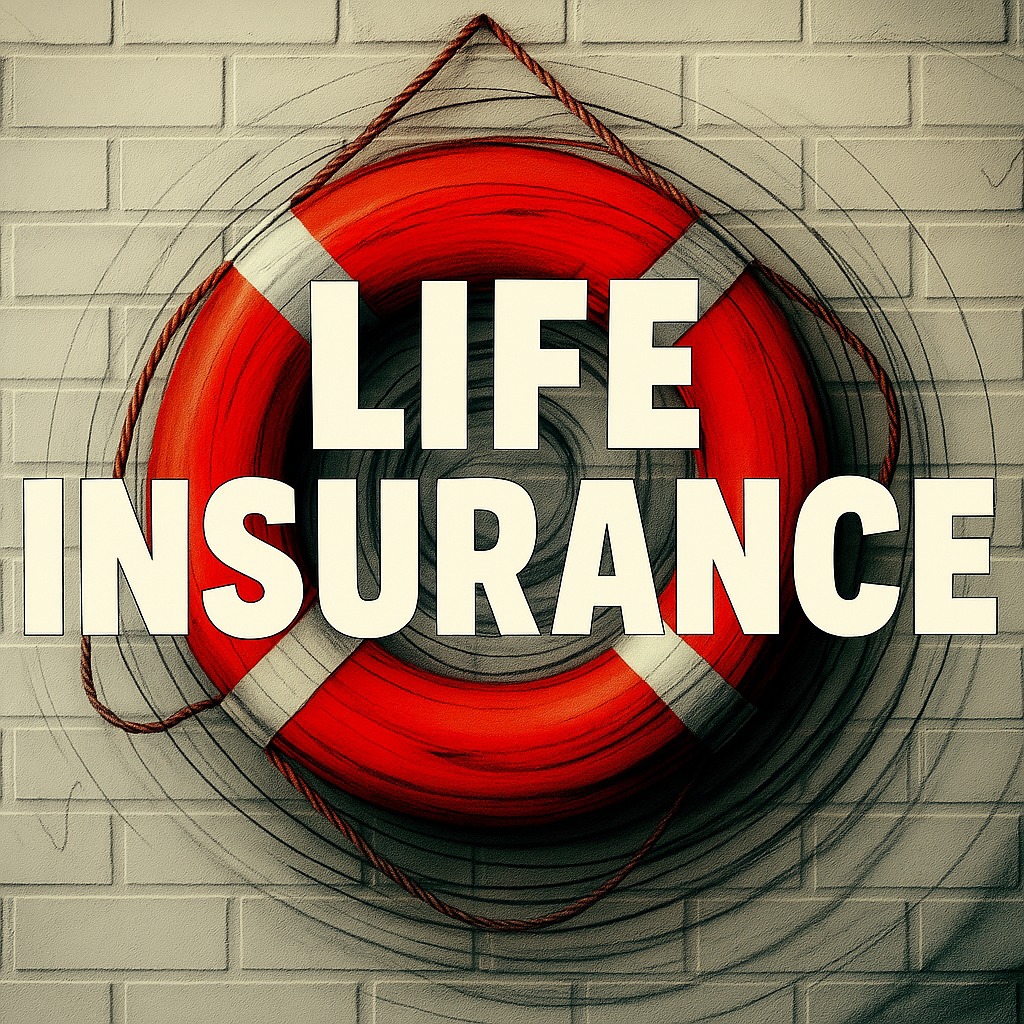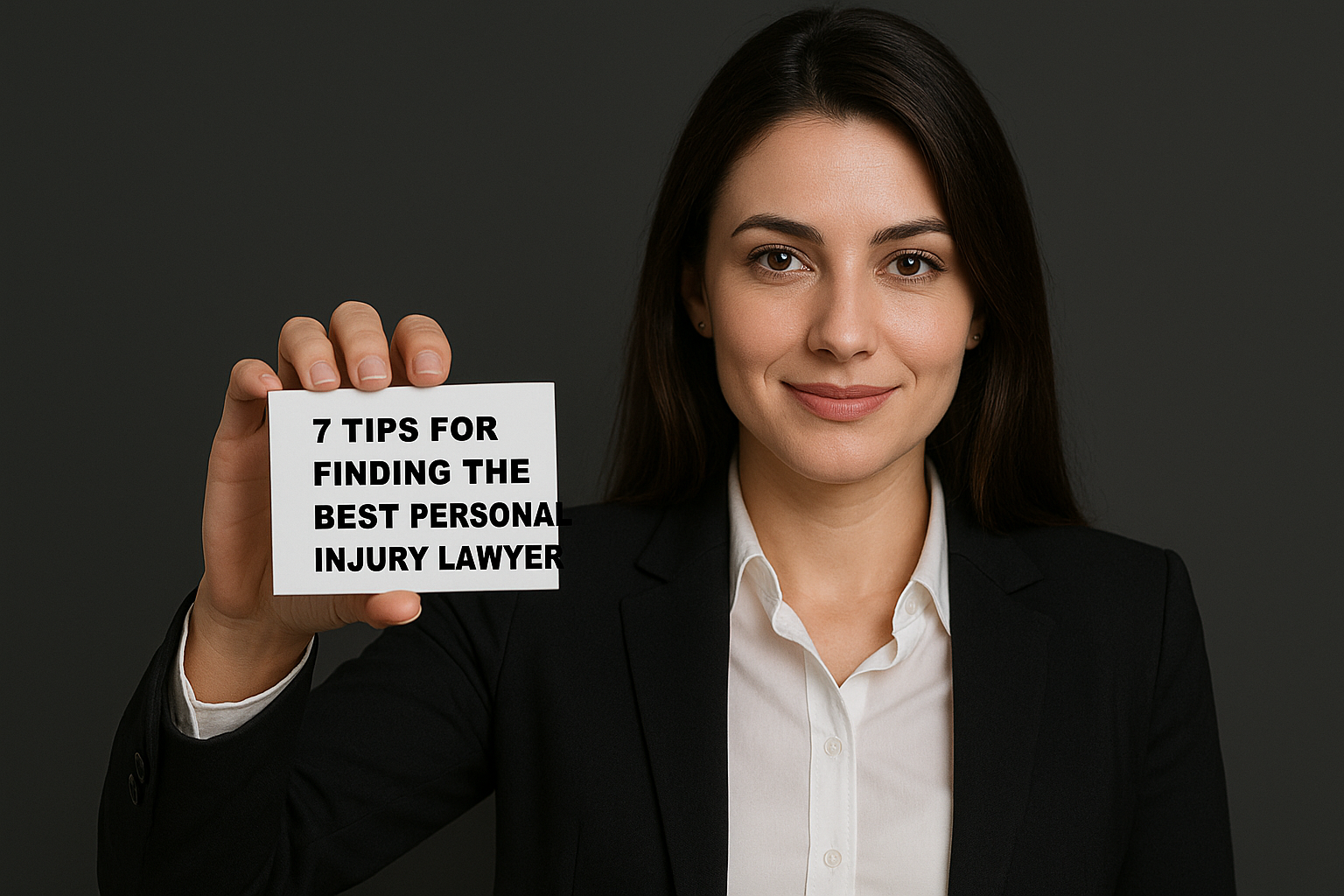I got a question for you, suppose a tornado was coming toward your home, there is no way you could avoid it. You are right smack in its path. The question is would you cancel your homeowner's insurance just before the tornado is going to strike? Of course not, that would be one of the dumbest things that you could ever do. When I think of that question, it's always perplexing to me. Why people buy a life insurance policy? Throughout their entire working life and then cancel it, just about the time they retire. I realize there’s a lot of a financial advisor and radio talk-show hosts who say that "you don't need life insurance when you're retired or when you die".
I say that's just absolutely crazy. Let me get this straight, you buy a life insurance policy. While you're young just in case, but statistically, you aren't going to die. Then let's fast-forward 30 or 40 years and you drop it. When's this when statistically, you are going to die. That is to me like canceling your homeowner's insurance just before the tornado hits.
Why People Drop Their Life Insurance?
Let's analyze, why people drop their life insurance? The first and most prominent reason is, they didn't plan to have it their entire life. They likely bought some term life insurance and the older they got, did the cost, the cost went up. Then at some point, the cost was so prohibitive. That they were forced to drop it. Even though they still might want it or even need it. The insurance companies understand this, that's why term life insurance is so cheap. When the likelihood of a claim is low and it's very expensive. When the likelihood of a claim is high. Flood insurance is really cheap in the desert, where there's no flowing water dirt cheap. Why there aren't any floods. Flood insurance living next to a river that has a history of flooding homes is very expensive. The same goes for life insurance. You're at a much higher risk at 80 years old than you are at 20.
1-2% of All Those Who Own Term life insurance
Did you know that term life insurance ends up paying about 1-2% of all those? Who owns term life insurance get a death claim? The other 98% who buy term end up dropping their insurance before they die. Term life insurance is an important part of the preparation, but it was never meant to be a lifelong asset. It was meant to cover a short period of time in case of an unforeseen accident or health issue. That's a good thing and many young families need to take advantage of term life insurance. While they're building up their permanent policies. I know that none of us buy homeowners insurance or car insurance, hoping that we get into an accident. We can make a claim, in fact, it'd be nice. If you want your entire life without having a claim on your home or your car. Statistically, I guess that's possible, you may be one of those lucky ones that sneak past having a homeowner's or an auto accident and that's great.
It's absolutely impossible to get out of this world alive. I don't hate to be the bearer of bad news. But we're all going to expire at some point, It's not if it's when. Hopefully, you have a long life, but no matter, how long you live at some point it's going to be over.
The Most Important Insurance Is Life Insurance
When you look at it this way, it seems the most important insurance you can ever own, is life insurance. Because you know what you will have a claim someday. I know the guy on the radio says "you're going to be so wealthy by investing in the stock market that you won't need life insurance". That is just not true, in fact from what I see the wealthier family is. The more life insurance they try to buy. What do they know? I'll tell you what they know?
Whole Life Insurance While You Are Living and When You Die
They know that if you properly structure a whole life insurance policy. You can use it while you're living and when you die. You can't use it when you die, but someone can. This is an important point. You don't have to structure a policy that's all about the death benefit. If you structure a whole life insurance policy for both living benefits and death benefit. You've created a real asset for yourself and for your family. It has to be done right. You can't just walk into any licensed agent out there and assume that they know, how to engineer a policy to maximize these benefits? How to manage it along the way see? when you design a well-engineered life insurance policy, you have benefits like crazy. Let me ask you something. If given the choice would you rather rent a house forever or would you rather buy a home and then down the road own it someday.
My guess is you'd probably like to buy a home. That's a little more attractive to you. Did you know that you can actually own a life insurance policy? A lot of people have never been told this. But not every policy can be owned, in fact, the majority of the policies are more like renting. Term life insurance is essentially renting death benefit, universal life insurance. The component is renting death benefit every year, you pay rent but the day you stop paying rent. It's you don't have anything to show, that all the money is wasted. What's worse is? If you want to or you need the insurance, you always have to pay the rent. Forever every year rent has to come from somewhere, you either paid out of your pocket. It comes out of your cash value but it is coming out.
If I contrast that with a well-designed whole life insurance policy, it’s structured at some point you own it. It's I paint off the mortgage it's yours and it truly is an asset. It's an asset that can produce tax-free income while you're living as well as a death benefit. How would that be you can have an additional income stream that's tax-free. That can last a lifetime that will also not be added when calculating your social security to see. If it's going to be taxed. More on that another article, but suffice it to say that many retirees have their Social Security taxed. Because they're getting income from other sources. That has to be calculated into that tax. Life insurance income doesn't count take as much as you like.
| |
Huge Living Benefit If You Structured Properly
This is a huge living benefit. If you structure it properly and that's what we are really good at. It's also an asset that lets you have access to capital for purchases or expenses or opportunities. In fact, you can even become your own financing company make loans, take loans, pay them back and have yourself or your family in your own financial system. Then in the end, when you die, you leave a legacy for your family. You give them the comfort they need to provide for themselves. When you're gone or you simply pass it on in your estate because it's the most efficient assets you can have to transfer to your heirs.
This is, why the wealthy just don't buy whole life insurance. They buy as much as they can. Get it's interesting, once people really grasp this concept of an engineered high cash value policy. Not only do they want one, but they want as much as they can get. The sooner you get a well-designed policy. The better you'll be able to use it your entire life long. Unlike a retirement plan, you're going to have access to the cash anytime for any reason. As I've said you have a tax-free income as well. You decide when you want to do this, it's simply a matter of allocating some funds. That would normally, be allocated in your safe money investments It's that simple. Each year you have it, it gets better and better. If we fast forward 10 20 30 years you're going to love what. It can do for you then you can pass on your estate. In the most efficient manner possible, you have the insurance in place when you say goodbye to this word.
I go back to my original question, would you cancel your homeowner's insurance just as the tornado or the storm was heading your way. We're all going to expire at some point, are you going to pay premiums your entire life. Then not have a policy in place, when the day comes that you expire that seems kind of silly, doesn't it?





0 comments